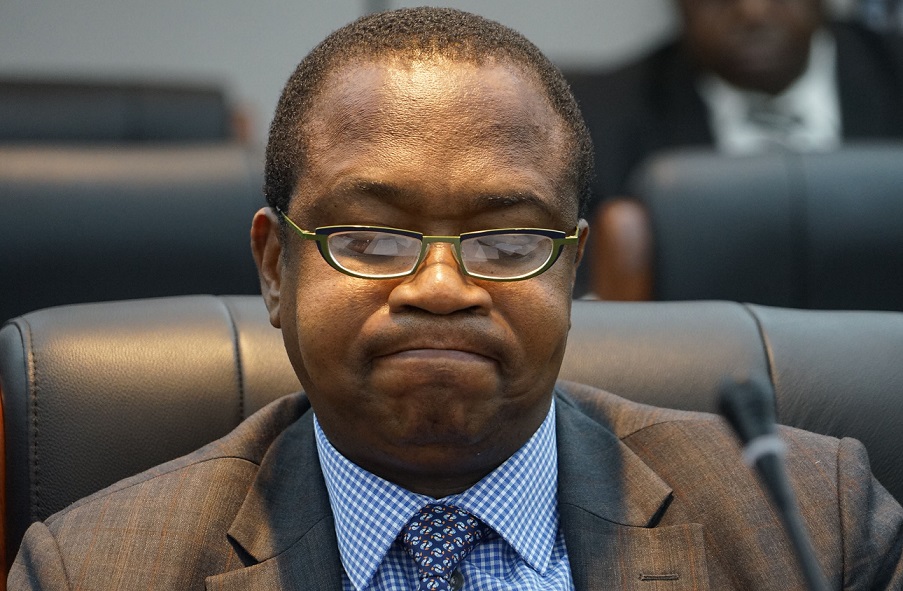
BY MELODY CHIKONO
PRESIDENT Emmerson Mnangagwa’s government has reverted to a policy that limits foreign investors to a maximum of 49% shareholding in diamond and platinum mines, arguing that recent moves towards expanding the scope of affected minerals had triggered confusion.
Under reforms to the Indigenisation and Economic Empowerment (IEE) Act that came into force following the dramatic 2017 coup, government had freed up the rest of minerals, as it moved to attract foreign direct investment.
The bold move, which came eight years after extensive capital flight triggered by the IEE Act from 2010, was widely applauded as the best strategy to save a long-running economic crisis.
But in the past few weeks, Zimbabwe’s mining industry has been gripped by fresh fears of capital flight after amendments contained in the Finance (No 2) Bill empowered government to extend the scope of the sector reserved for indigenisation to all minerals.
Following days of confusion over the new move, three ministers issued a joint statement on Tuesday, saying they were “deleting” the contentious new clause.
“It has come to government’s notice that the amendment to the Indigenisation and Economic Empowerment Act [Chapter 14:33] (IEE Act) contained in the Finance (No 2) Act, 2020 (section 36) may have caused some misconception to some investors and other stakeholders in the mining sector,” said the statement jointly signed by Finance minister Mthuli Ncube, Industry and Commerce minister Sekai Nzenza and Mines minister Winston Chitando.
“Government announced the policy position to remove the requirement for 51% of the shareholding of businesses involved in the extraction of platinum and diamonds to be owned through a designated entity. That requirement has been removed through the amendment to the IEE Act, in section 3(1). To enhance certainty in relation to investments in the mining sector, and consistent with government policy, this insertion will be deleted. These amendments are designed to buttress the mantra ‘Zimbabwe is open for business’,” the ministers noted.
- Chamisa under fire over US$120K donation
- Mavhunga puts DeMbare into Chibuku quarterfinals
- Pension funds bet on Cabora Bassa oilfields
- Councils defy govt fire tender directive
Keep Reading
The Act is currently housed under the Industry minister. The contentious changes meant that Mnangagwa’s administration had departed from previous undertakings pushing for reforms to hostile investment policies, which sparked an exodus of investors from 2010 when resource nationalism reached tipping point in Zimbabwe.
The private sector, including the Chamber of Mines of Zimbabwe, and analysts, last week expressed fears of a return to the past, when hundreds of mines folded under serious capital inadequacy as investors stepped aside.
The industry generates about US$2 billion yearly and contributes 70% of export revenues.
Plans were already in place to transform the mining industry into a US$12 billion sector in the next two years.
But should investors stay away, this target will be difficult to achieve.
“It is worrying because of its potential effect on the economy and also because of the surreptitious way it was enacted,” said Economic Governance Watch (EGC), in a research paper titled Mining Industry: Indigenisation Through the Back Door.
“The government had to ensure that a controlling interest in diamond and platinum mining businesses was held by the Zimbabwe Minerals Marketing Corporation, the Zimbabwe Consolidated Diamonds Company or the National Indigenisation and Economic Empowerment Fund. Diamond and platinum mining businesses could not merge or restructure unless a controlling interest in the new merged business was held by an appropriate designated entity; conversely, conglomerates or syndicates of such businesses could not de-merge or unbundle unless an appropriate designated entity held a controlling interest in all the resulting businesses.
“Now that it has been amended, section 3 applies not only to diamond and platinum mining but to businesses involved in extracting any minerals that the minister responsible for administering the Act may choose to prescribe by notice in the Gazette,” EGC said.











